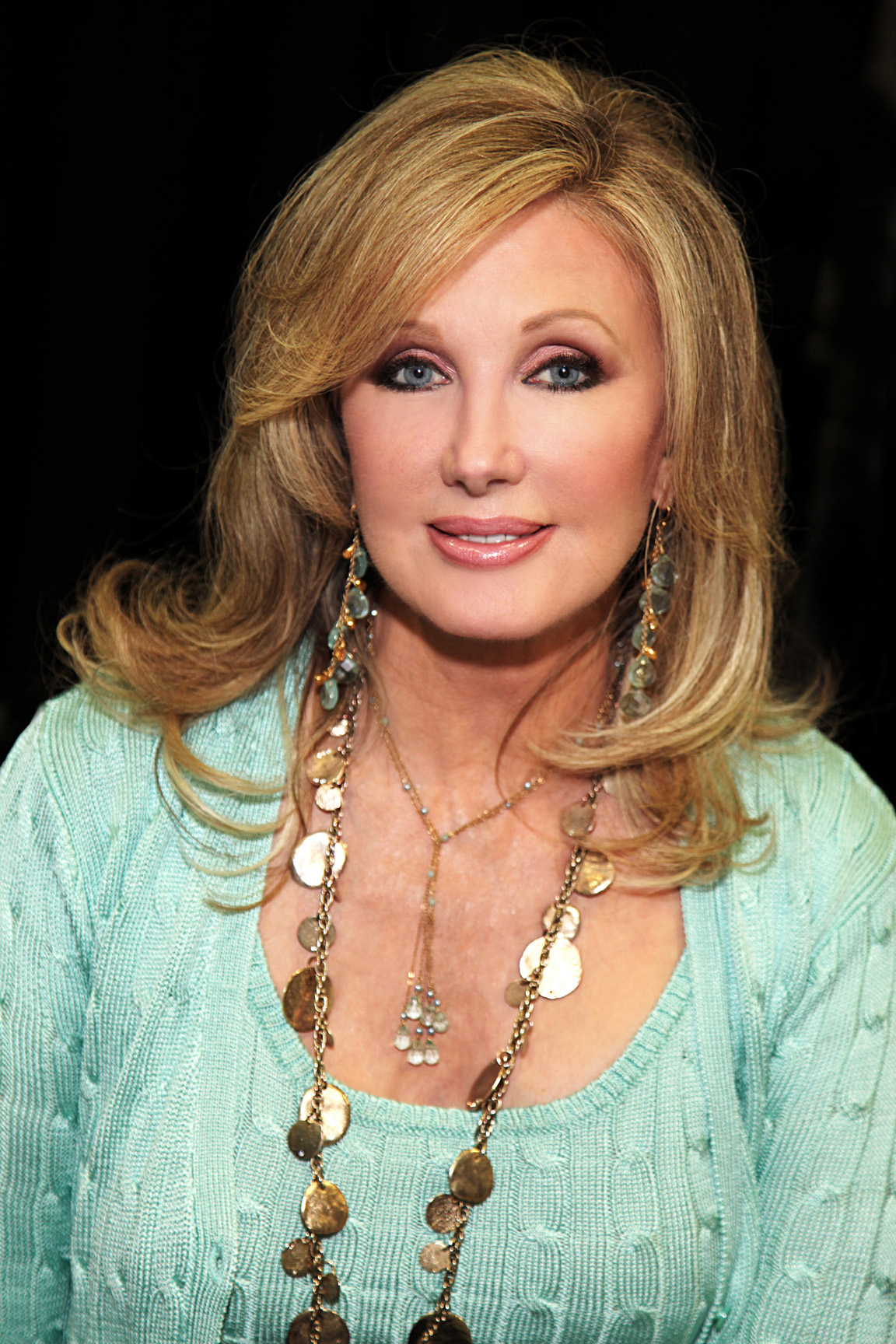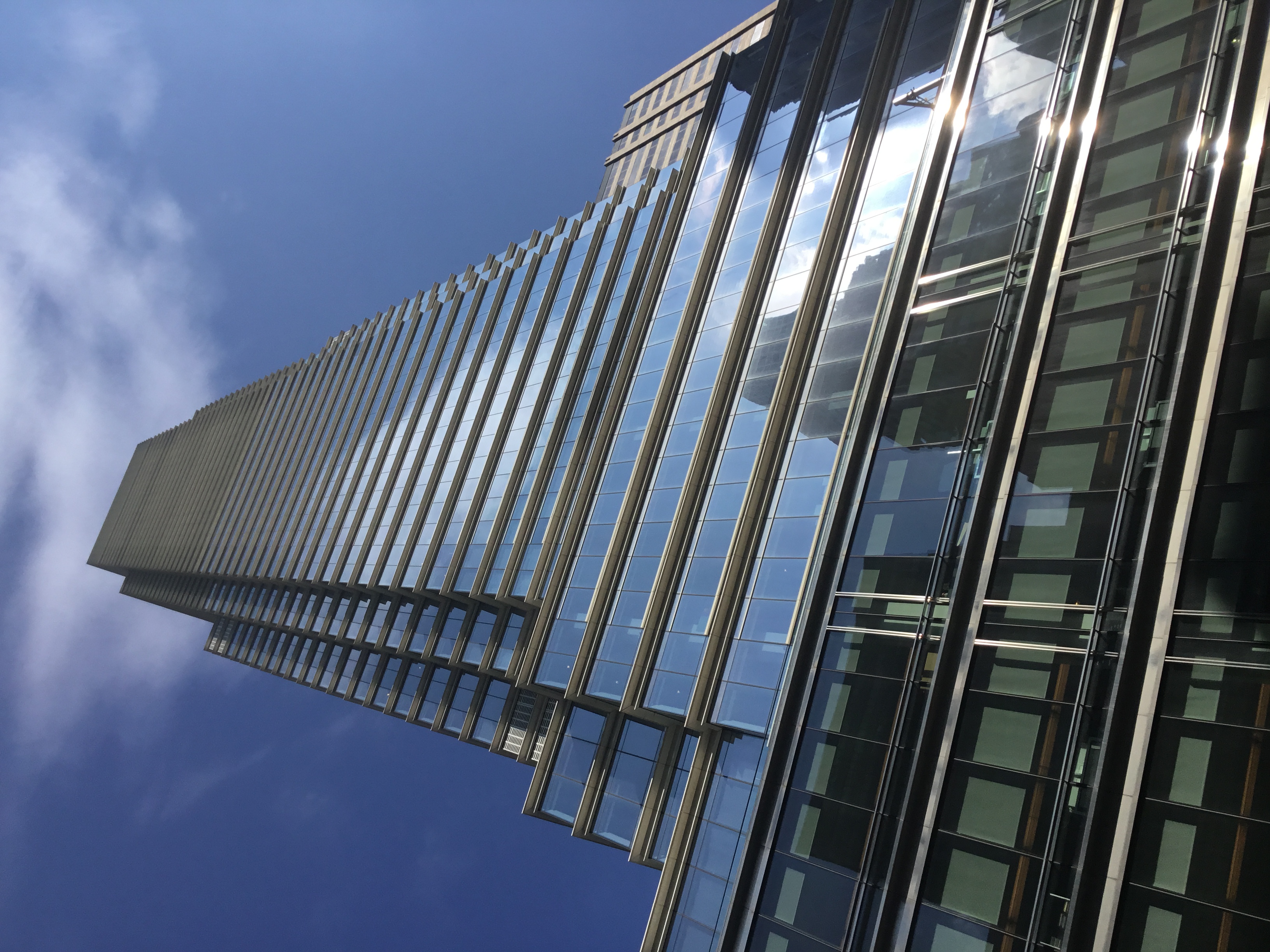Maria Ressa
Explore the comprehensive timeline of Maria Ressa, a renowned journalist and Nobel Peace Prize laureate. Discover key milestones in her career, including her pivotal role in founding Rappler, her advocacy for press freedom, and her legal battles in the face of adversity. Follow her inspiring journey of resilience and dedication to truth and democracy.
Birth of Maria Ressa
Maria Ressa was born on October 2, 1963, in Manila, Philippines. She moved to the United States with her family and later returned to the Philippines. Ressa pursued her education in the U.S., graduating from Princeton University and later attending Harvard University as a Fulbright scholar. Her early life and education laid the foundation for her future career in journalism.
Maria Ressa Joins CNN
In 1986, Maria Ressa joined CNN as a bureau chief, working in the Manila and Jakarta bureaus over nearly 20 years. During her time at CNN, Ressa specialized in investigating terrorism networks and became an expert on Southeast Asian terrorism. Her work contributed significantly to CNN's coverage and understanding of terrorism and conflict in the region.
Founding of Rappler by Maria Ressa
In 2012, Maria Ressa co-founded Rappler, an online news site that has become one of the leading news organizations in the Philippines. Rappler is known for its investigative journalism and has extensively covered subjects such as social issues, politics, and governance. The platform has played a significant role in Philippine media since its inception, with Ressa serving as its CEO.
Maria Ressa Charged with Online Libel
In 2018, Maria Ressa was charged with online libel, a move widely seen as an attempt to silence her and Rappler's journalistic endeavors. The charges stemmed from a 2012 article that was updated in 2014, before the cyber libel law was enacted. This legal challenge became a focal point of press freedom discussions in the Philippines and internationally, as Ressa continued to fight for media independence despite government pressure.
Maria Ressa Arrested on Tax Evasion Charges
On November 20, 2018, Maria Ressa was arrested on charges of tax evasion, an accusation she and her supporters described as politically motivated. The charges are part of a series of legal actions against Ressa and Rappler, raising concerns about the shrinking space for press freedom in the Philippines under President Duterte's administration. The case attracted international attention and support from press freedom advocates.
Maria Ressa Arrested for Cyber Libel
Maria Ressa was arrested on February 13, 2019, on charges of cyber libel, stemming from a story published by Rappler in 2012. The unusual application of the law and the timing of the arrest were seen as attempts to intimidate and silence Rappler's critical reporting. The arrest heightened concerns over freedom of the press and the rule of law in the Philippines, drawing condemnation from global human rights groups.
Maria Ressa Sentenced for Cyber Libel
In a landmark ruling, Maria Ressa was convicted of cyber libel in June 2020, related to the 2012 Rappler article. The conviction, which carries a penalty of up to six years in prison, immediately sparked international criticism from journalists and human rights advocates who stressed the chilling effect it might have on freedom of the press. Ressa vowed to appeal the ruling and continued to stand by the work of her organization.
Maria Ressa Acquitted of Tax Evasion
On March 21, 2021, a Philippine court acquitted Maria Ressa of tax evasion charges in a significant legal victory for the journalist. The ruling was seen as a rare pushback against the government’s efforts to suppress news outlets critical of the Duterte administration. Ressa's acquittal brought relief to press freedom advocates, although other charges against her remained, highlighting ongoing legal battles.
Maria Ressa Awarded Nobel Peace Prize
On October 8, 2021, Maria Ressa was awarded the Nobel Peace Prize alongside Russian journalist Dmitry Muratov for their efforts to safeguard freedom of expression. The Nobel Committee recognized their work in exposing abuse of power and promoting critical but factual journalism. Ressa's Nobel Prize was hailed as a significant honor for journalists facing persecution and a testament to her resilience in advocating for free press.
Maria Ressa Launches 'Hold the Line' Campaign
In January 2022, Maria Ressa spearheaded the launch of the 'Hold the Line' campaign aimed at promoting press freedom and protecting journalists from legal harassment. The campaign, supported by various press freedom organizations, seeks to raise awareness about the threats faced by journalists worldwide and to foster resilience against state-led attacks on media practitioners. The initiative comes amidst ongoing challenges to press freedom.
Frequently asked questions about Maria Ressa
Discover commonly asked questions regarding Maria Ressa. If there are any questions we may have overlooked, please let us know.
What notable achievements has Maria Ressa accomplished in her career?
Who is Maria Ressa?
When did Maria Ressa win the Nobel Peace Prize?
What challenges has Maria Ressa faced due to her journalism work?
Related timelines
More timelines connected to Maria Ressa







